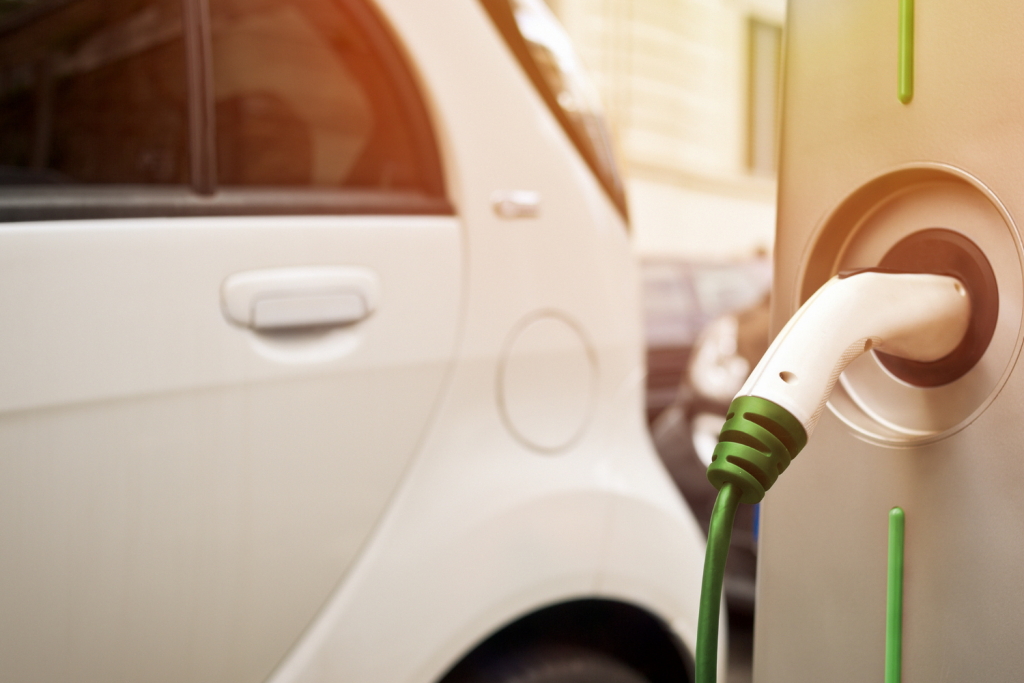An estimated 80% of electric vehicle charging occurs at home. One of the main advantages of owning an EV is not having to stop at gas stations, but you might also reduce how often you use a public charging station. Just plug your EV in when you get home, so you can wake up to a fully charged battery.
The cheapest, easiest, and safest way to charge an electric vehicle (EV) is at home, which is why many electric car owners make this their go-to charging method.
Which EV charger for your home is best?
When choosing your home electric vehicle charging port, there are a number of different factors to consider.
Power: Although 22kW and 3kW chargers are available, 7kW chargers are the most popular. Simply divide the battery’s energy in kWh by the charger’s speed in kW to see how long it would take to fully recharge your automobile. For additional information, see our comprehensive guide to slow, quick, and rapid EV chargers.
Price: The average cost, according to the RAC, is roughly £8001, however you might be able to acquire a grant to help with the cost. More on it is below!
The Cable: You must choose between an untethered charger and an attached charger (without a cable). Although untethered offers the advantage of being able to connect to almost any electric vehicle, tethered is less hassle-free.
Charger Design: Since you’ll have to stare at the charger every day while it’s hanging on your wall, choose something you enjoy.
The best place to put in an EV home charger
Here are a few factors to take into account while picking a location for your charging point.
Do you prefer that the charge station be concealed or visible? This will depend on whether you have a tethered or an untethered charging station; you may not want the tethered wire to resemble a coiled garden hose on the front of your property.
On your EV, where is the charging port? Some are straightforward, directly on the front, but others are on the side or even farther back where a petrol filler would typically be. Be sure to account for the charging cable’s length. A cable can provide a very dangerous trip hazard even on a private drive.
The charger might not want to be in the farthest corner from your network because it needs access to your home wifi connection to use the smart features, such remote charging and access to off-peak energy rates.
A secure location to put your EV chargepoint
A few rules for installing electric vehicle charging stations must be followed by engineers. The location of the charger on your wall may be impacted by this.
Our engineers will look at some images of the location you wish to put your charger before actually installing it. As part of a site study, they can ask you to give them photographs or they might visit and take some themselves.
The majority of the time, they’ll be searching for “sim touches,” or metal things attached to your power source. At least 2.5 metres must separate any possible sim contact from the charger.
They can request that you switch to a plastic casing if, for instance, your lights are housed in a metal one. Additionally, there are certain uncommon situations when it won’t be able to place the charger there; for example, if your driveway has a street lamp, in which case you’ll need to choose another position.
Government funding for EV charging stations
An electric vehicle driver can receive assistance from the government with 75% (up to £350) of the expenses associated with installing a home charger under the Electric Vehicle Homecharge Scheme (EVHS).
You qualify if you purchased a qualifying electric or plug-in hybrid car after October 1, 2016, and you fulfil the requirements listed below.
Conditions consist of:
- Installation of a smart charger
- You have access to off-street parking (a driveway or garage)
- The installation date can’t be more than four months before delivery, which is the day you became the registered owner of the EV.
- OLEV has authorised the charge point installer you’re using.
How to install a home charger
When you purchase a brand-new EV or lease an EV, several automakers provide free or reduced home chargers. However, carefully consider these packages because they could not be a good price for you or even the best choice.
Professional installation is required for electric vehicle charging stations. The installation fee will be covered by a certified charging provider in the unit’s pricing. We can offer you a quote depending on your requirements.
Installations may be scheduled online, over the phone, or through our contact form, we can discuss all options with you around installation and cost.

